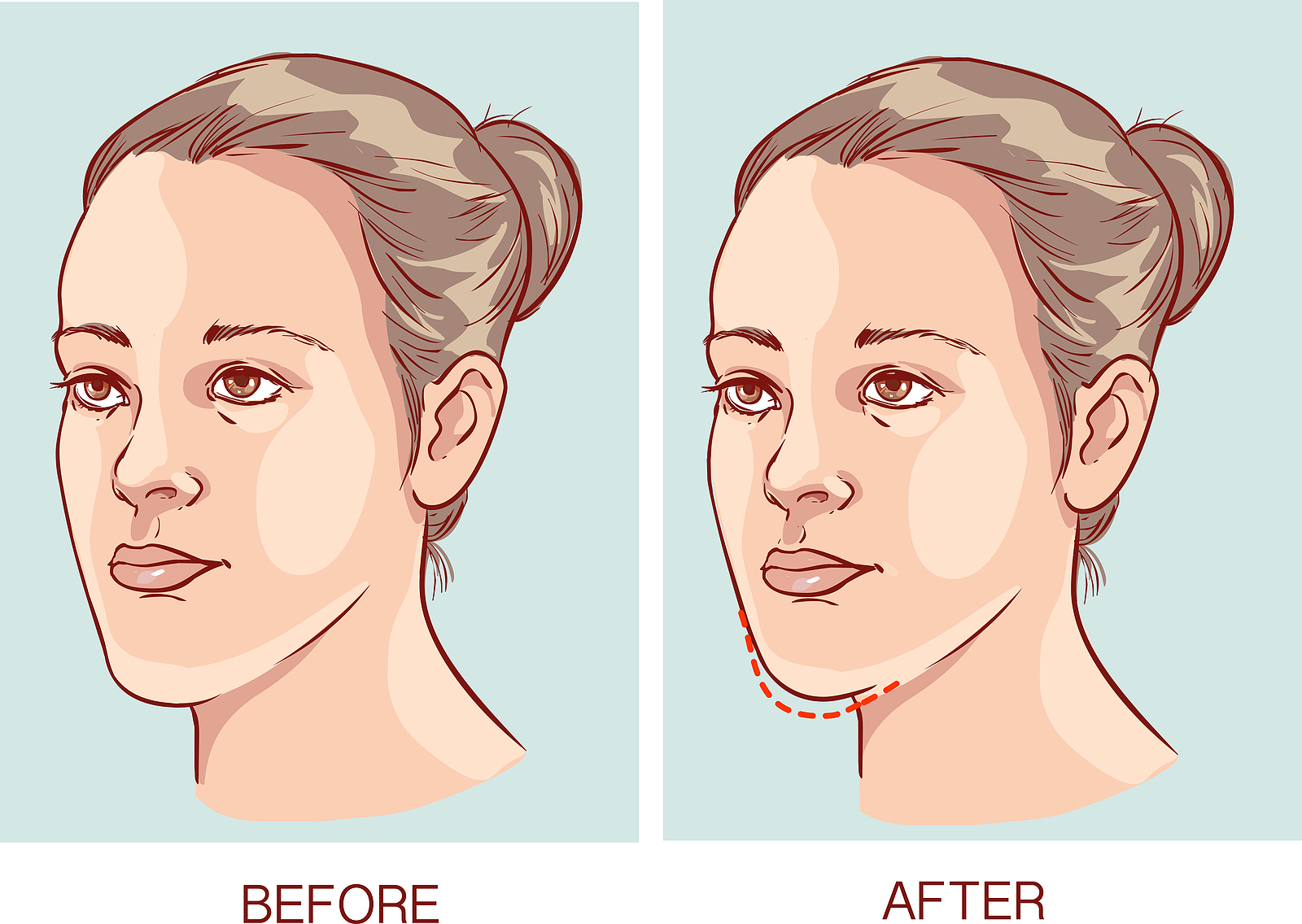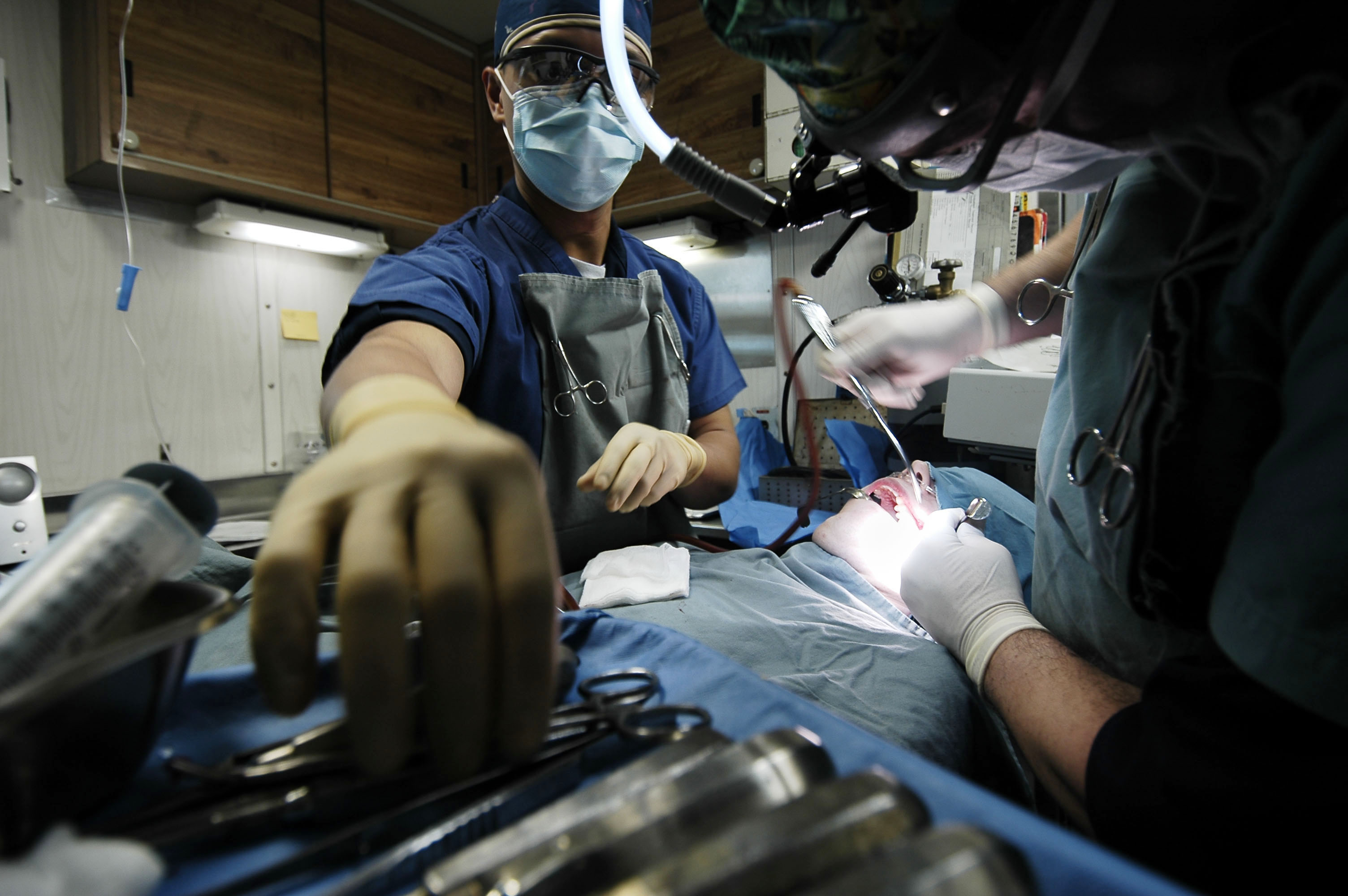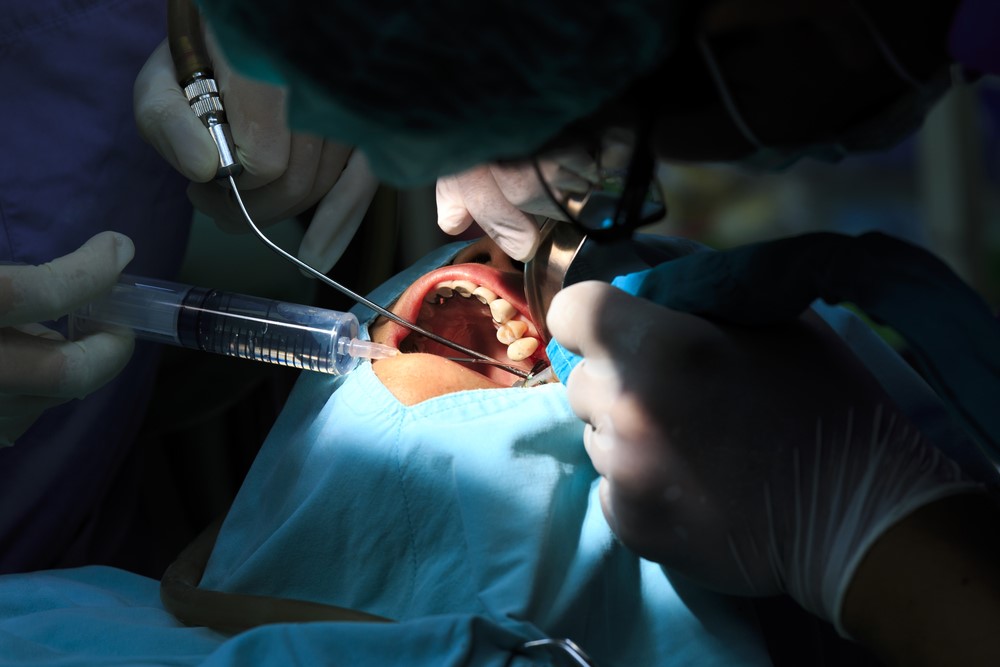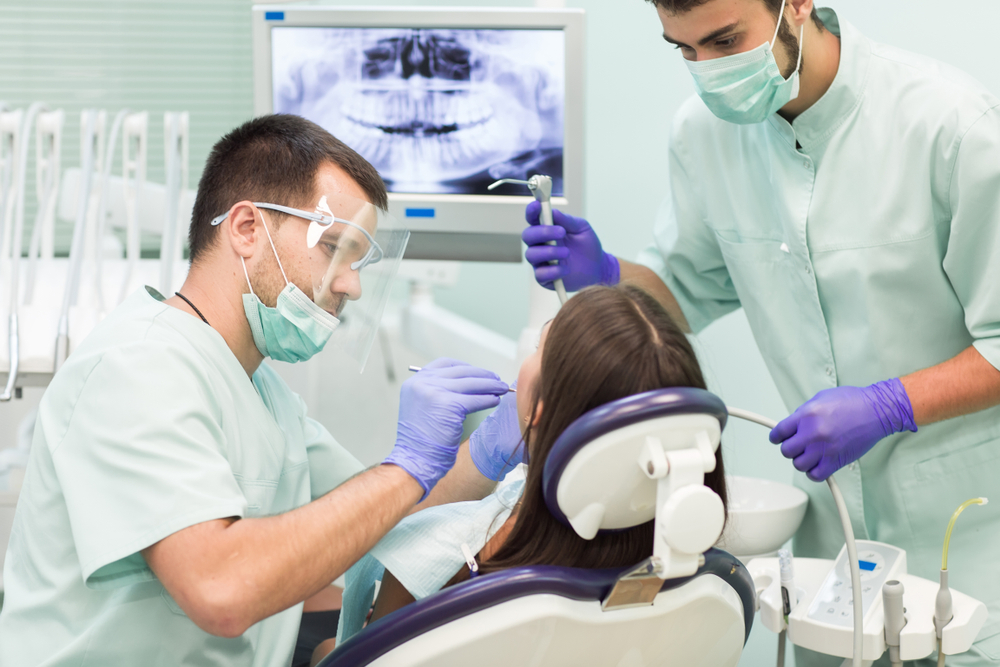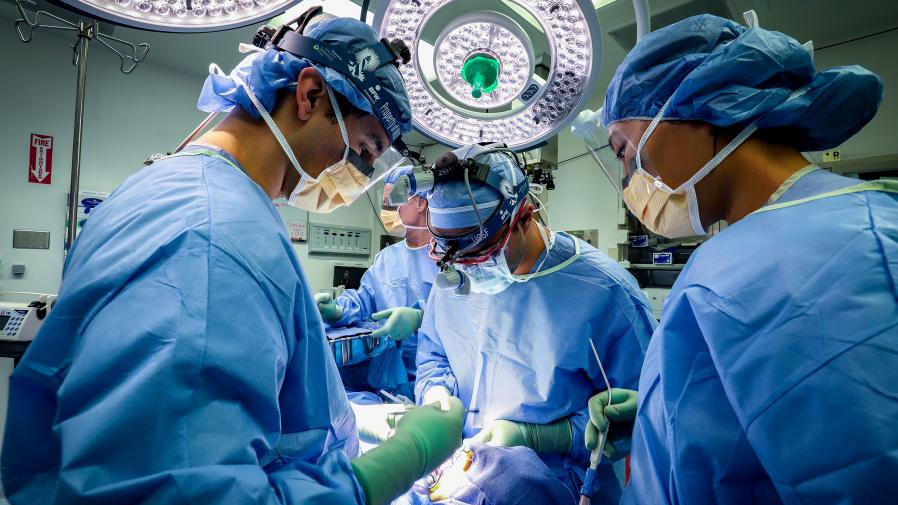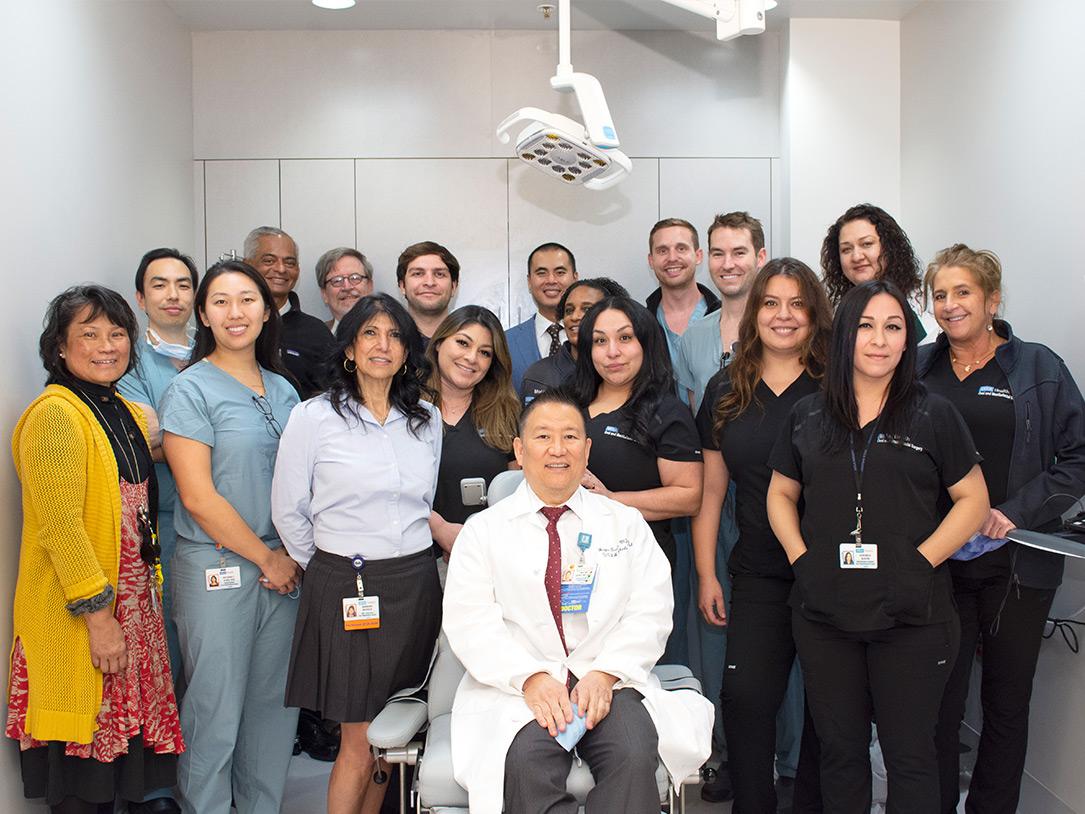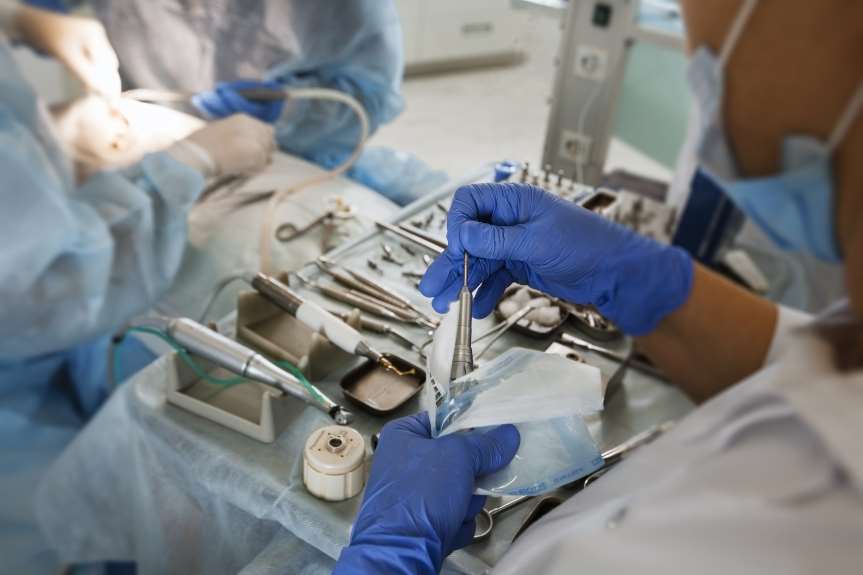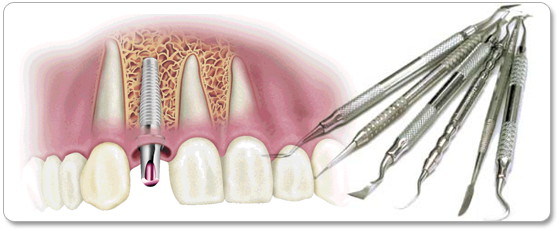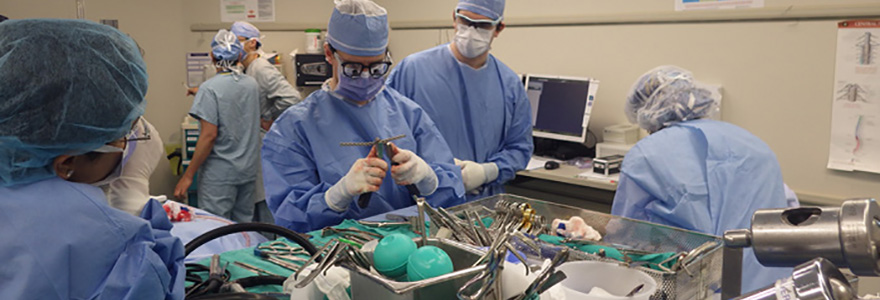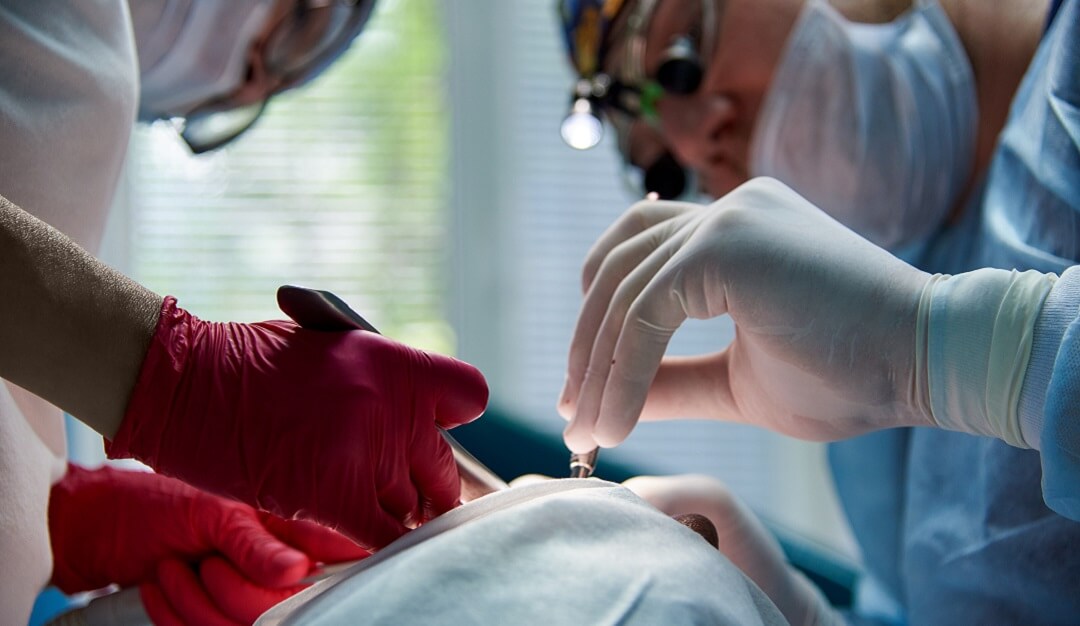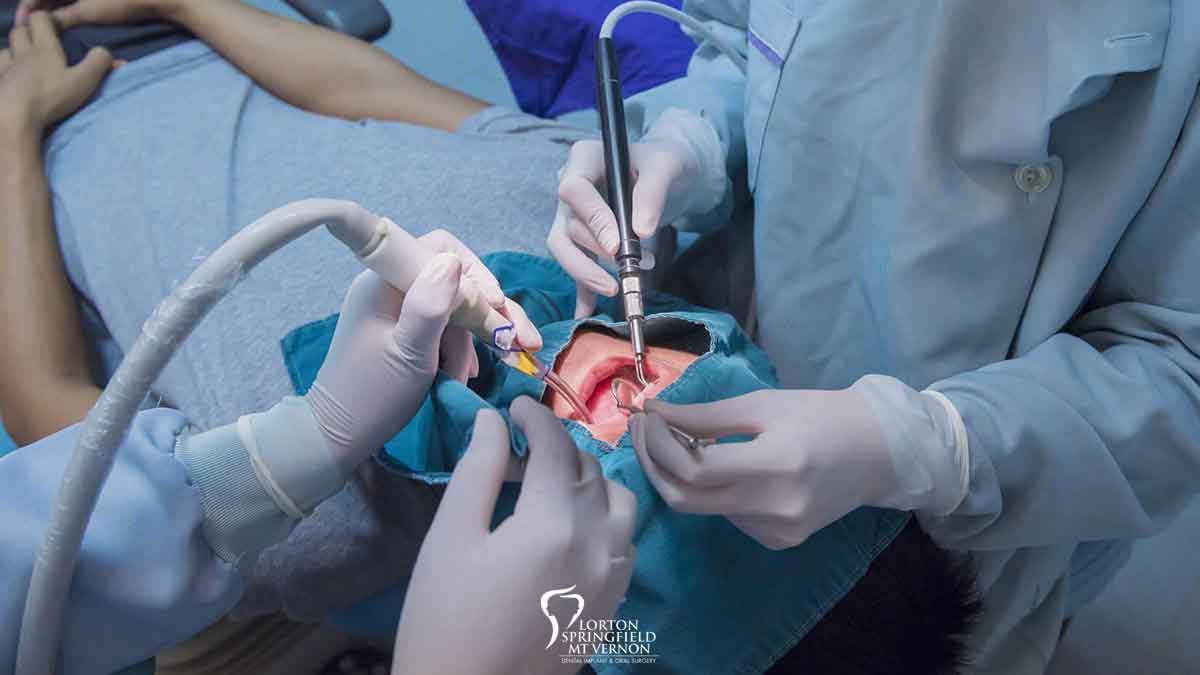Exemplary Info About How To Be A Maxillofacial Surgeon

Some people regard oral and maxillofacial surgery as an upgraded form of dental surgery, but the practice extends far beyond what a dentist can perform.
How to be a maxillofacial surgeon. Speak to your local consultant maxillofacial surgeon and register interest in either doing a special study module or taking up a post as a senior house officer. Typical training for an oral and maxillofacial surgeon includes: Maxillofacial surgeons are qualified to treat a number of conditions related to the head and neck area, including:
Many require more than five years of experience. He or she has to perform multiple tasks, provide consultation to multiple patients, and course of medication for. The first key academic qualification for a maxillofacial or oral surgeon is an accredited bachelor of arts or bachelor of science degree.
At least 2 years aimed at obtaining a medical degree; In this video, i had the opportunity to chat with nicole hernandez, a 4th year ofms resident about life as an an oral & maxillofacial surgeon, typical day in. Most maxillofacial surgeons work at least in part to help correct skeletal problems such as misaligned jaws.
Trainees take one of two paths depending on whether they studied dentistry or medicine first (fig 1 ⇓ ). Four years dental study (dmd, bdent, dds or bds). Typically, those first qualified in dentistry spend one year in dental.
Get oral and maxillofacial surgeon. Explore oral and maxillofacial surgeon education; Some surgeries can be done in an outpatient setting, and you can go home the same day.
Two to four years undergraduate study (bs, ba, or equivalent degrees). A maxillofacial surgeon must possess organising skills. Make sure you have right skills for oral and maxillofacial surgeon;
